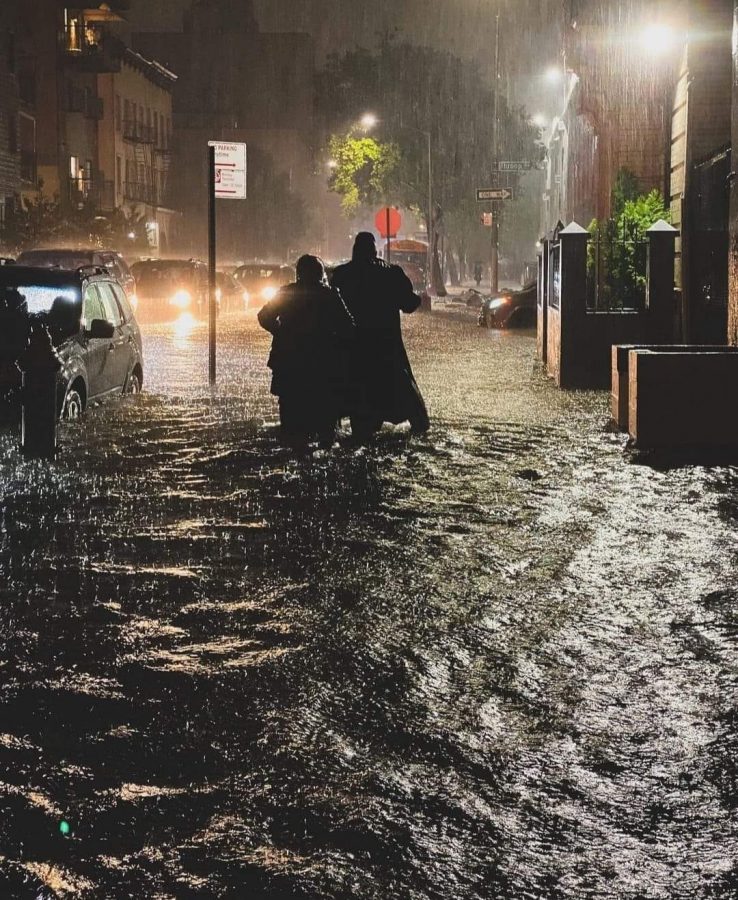Kat’s Mental Health Column: Coping with the “Eco Grief”
Over the past two weeks, students moved into their dorms and breathed a sigh of relief as they prepared for their first ‘normal’ semester since the beginning of the pandemic. Many were excited to get back to traditional classes and activities. Students and professors alike got ready for a fully in-person semester and were set to start classes on Wednesday, Sept. 1. This was a relatively light day for Fordham as most upperclassmen do not have classes on Wednesdays, so for them Thursday would have been the true start. But sadly, the hype of a fully in-person semester was brutally disrupted by Hurricane Ida, which flooded campus and resulted in a two-day closure.
As the University scrambled to repair the damage caused by the storm, students and professors once again met on Zoom instead of in the classroom. Beyond the disappointment, many simply had no desire to be online for class again. Some professors tried to brighten their students’ moods by making jokes about never thinking they’d be on Zoom again, while others cancelled class entirely and hoped that they’d see their students in person the following week.
Of course, having the start of the school year disrupted like this may have brought up some of the unpleasant feelings of the pandemic. Many may have been reminded of the isolation and the fear they felt during the pandemic, not knowing what would come next and when things would return to normal again. Others may have simply felt discouraged, having amped themselves up for an in-person experience that was once again going to be taken away from them.
These feelings are not exclusive to Fordham students who were unsettled by a rocky start to what they hoped would be a return to normalcy. The prevalence of natural disasters has been increasing throughout the world, leading to an increase in anxiety in many individuals.
Some are describing the distress associated with experiencing climate change as “eco grief.” This can refer to the sadness one feels as animals go extinct, the horror one experiences watching the raging California fires on TV or the anxiety one faces as they think about the changing climate. According to the American Psychological Association, around 70% of Americans described themselves as anxious about the effect of climate change. Considering this poll was from almost exactly a year ago, it’s likely that this percentage has increased given the constantly increasing disasters we have been witnessing.
It is also important to consider the combined toll of “eco grief” with the physical harms individuals are facing with the rise of climate change. Even at Fordham, in a location that typically does not get such severe weather, the basement of Walsh Library was completely flooded, as were several other campus buildings and even student apartments. In many cases, and increasingly so, climate disasters are not just something we watch on TV; they are something we personally experience and must cope with. The stress of receiving a severe weather alert is becoming more and more frightening as climate change starts to hit closer and closer to home.
At the end of the day, there unfortunately is not much that can alleviate the pain that comes with climate change, nor can a single individual stop climate change themselves. The best advice one can give is to do your best to cope and do what you can to keep yourself safe. The reality is that we will continue to face these situations and cannot combat climate change ourselves, so do what you can and cope how you can in the meantime.









































































































































































































